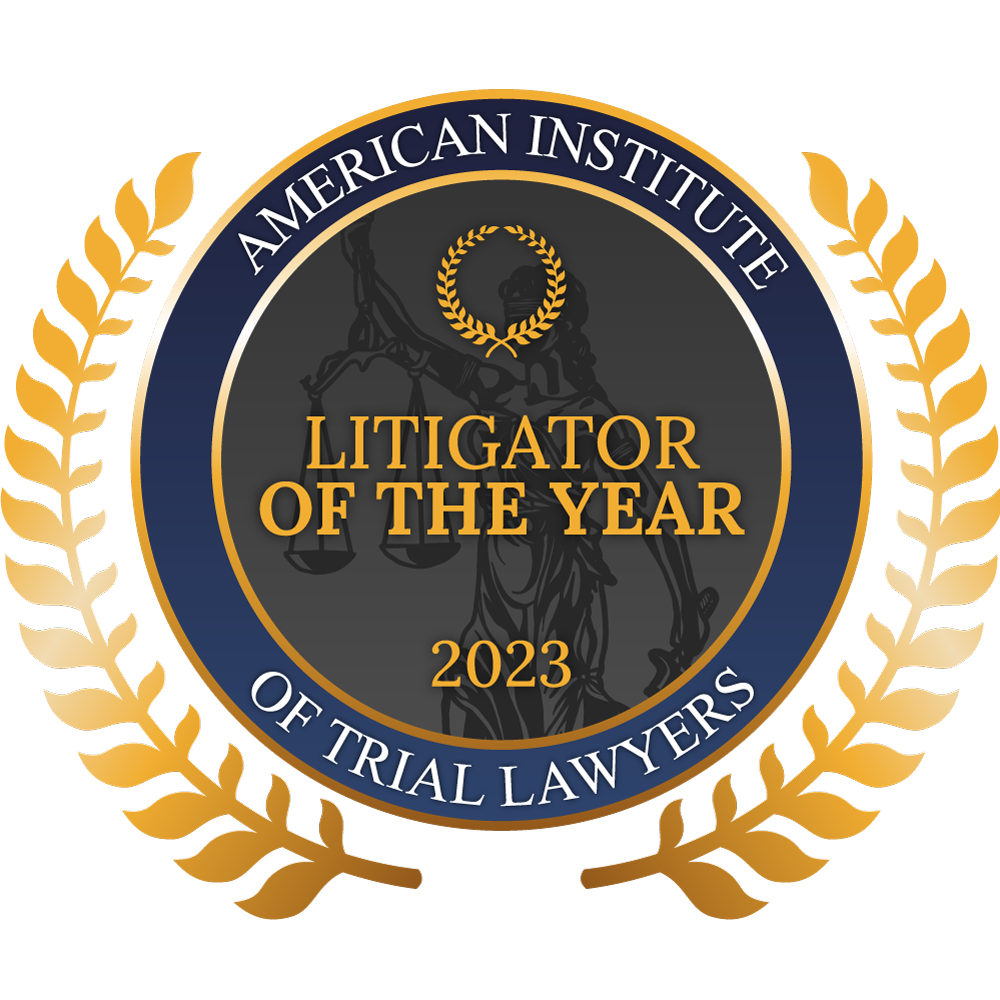
In the immediate aftermath of a car crash, it’s natural to experience shock and disorientation. Your immediate concerns might be any injuries you’ve suffered and damage to your vehicle. In this stressful situation, state law still requires you to give certain information to the other driver, including your name, address, vehicle registration number, and insurance information.
While these are the only pieces of information you must exchange after a car accident in Texas, there are other steps to protect yourself and your right to compensation for your injuries. The Texas car accident lawyers at The Wilhite Law Firm have helped many crash victims figure out their next steps and secure fair compensation for their injuries. Contact our office for a free consultation if you have any additional questions.
Do I Always Have to Exchange Information After a Texas Car Accident?
While exchanging information with the other driver after an accident is polite, it is also mandatory under Texas law. The Texas Transportation Code also specifies that all drivers involved in an accident must meet a handful of other requirements, such as the following:
- You must stop your vehicle as close to the accident scene as possible.
- You must return to the scene of the accident to check on anyone else involved in the crash.
- If anyone has been injured in the crash, you must alert the authorities and give reasonable help.
Not meeting these requirements if someone has been injured or killed in an accident is a felony under Texas law. The potential penalties include jail time and heavy fines.
What Information Am I Required to Give After a Car Accident?
According to the Texas Transportation Code, you are required to give the following information to the other driver after a car accident:
- Your name
- Your address
- Your vehicle’s registration number
- Your auto insurance carrier
- Your driver’s license number, if asked
While this is the only information you must exchange after an accident, there are a few other pieces of information that are helpful to exchange with the other driver, such as:
- Phone numbers
- License plate numbers
- The names of any passengers involved
The more information you get from the other driver, the easier it will be for you to file an insurance claim to have your injuries covered. You may have a hard time contacting the other driver’s insurance company without all this information, which could delay your case and cause unnecessary difficulties.
What Should I Do After a Car Accident in Texas?
Texas law may spell out what you must do after an accident. However, the law does not say what you should do to protect yourself and increase your chances of recovering compensation for your injuries. Here are the key steps to take if you have been injured in a car accident in Texas:
- Call 911 — If anyone appears to be injured in the crash, notify the authorities immediately. You or someone involved in the accident may need to be taken to a hospital for emergency medical treatment. Being evaluated as soon as possible can significantly impact your recovery. Once the police have filed their accident report, you could use it to support your personal injury claim.
- Exchange information — Under state law, you must exchange information with the other driver. But you would want to do this anyway to file an insurance claim or lawsuit. Get the other driver’s name, address, vehicle registration number, license plate number, driver’s license number, and phone number.
- Gather evidence from the crash scene —Use your phone to take pictures of all the vehicles involved in the accident, your injuries, and the general area around the crash site. Look for any eyewitnesses to the accident or security cameras that might have captured footage of what happened.
- Seek medical treatment — Do not wait to see a doctor after a car accident. Even if you feel fine, you may have internal injuries that are not immediately obvious but could still pose serious health risks. Delaying medical treatment could also cost you money later on, as the insurance company may argue your injuries weren’t caused by the accident.
- Do not give any formal statements — You will likely be contacted by your or the other driver’s insurance company after the crash. They will want you to accept a quick settlement. But an insurance company’s first offer almost always isn’t enough to meet your needs. Do not agree to any settlement or give formal statements until you speak to an attorney.
- Hire a car accident lawyer — Talking to an attorney as soon as possible after a crash gives them the chance to get a jumpstart on your case, as Texas’ two-year statute of limitations period on personal injury claims can go by very quickly. They can help you with finding the right doctors, your insurance paperwork, and settlement negotiations so you demand the money you need.
How Long Do I Have to Tell My Insurance Company About the Accident?
The Texas Department of Transportation (TxDOT) recommends immediately telling your insurance company about an accident. However, the time required to report an accident varies across insurance companies and specific insurance policies.
Generally, you should report the accident to your insurance company within a few days. When you inform them of the accident, keep it brief and save the details for later. You will want to talk to a lawyer before making official statements. A knowledgeable attorney can guide you on how to speak to an insurance adjuster and be your representative in negotiations.
Contact a Texas Car Accident Lawyer Today
 Have you been injured in a car accident in Texas? You may be suffering from pain, stress, and confusion about where to turn next. We can discuss your best options for pursuing compensation and provide you with support and direction. Contact the experienced car accident lawyers at The Wilhite Law Firm today for a free consultation.
Have you been injured in a car accident in Texas? You may be suffering from pain, stress, and confusion about where to turn next. We can discuss your best options for pursuing compensation and provide you with support and direction. Contact the experienced car accident lawyers at The Wilhite Law Firm today for a free consultation.






















